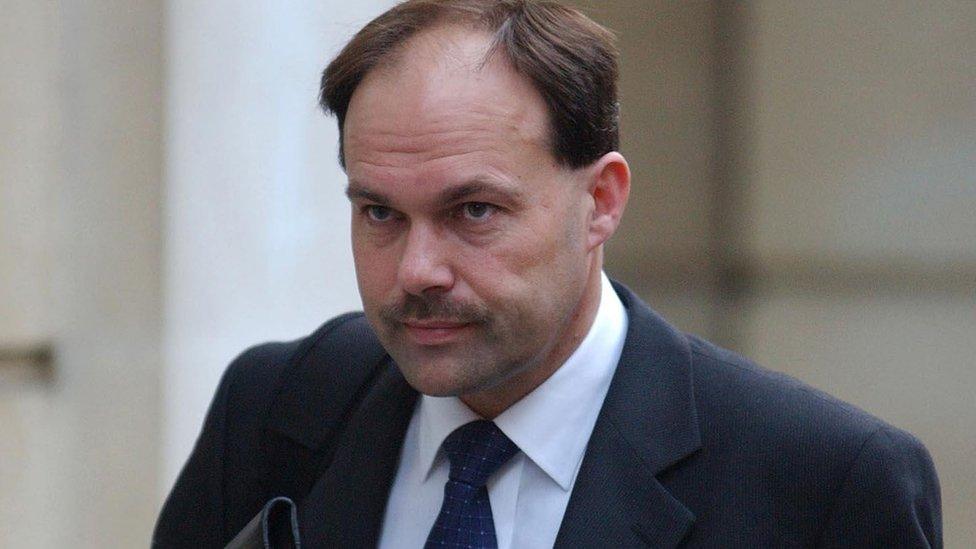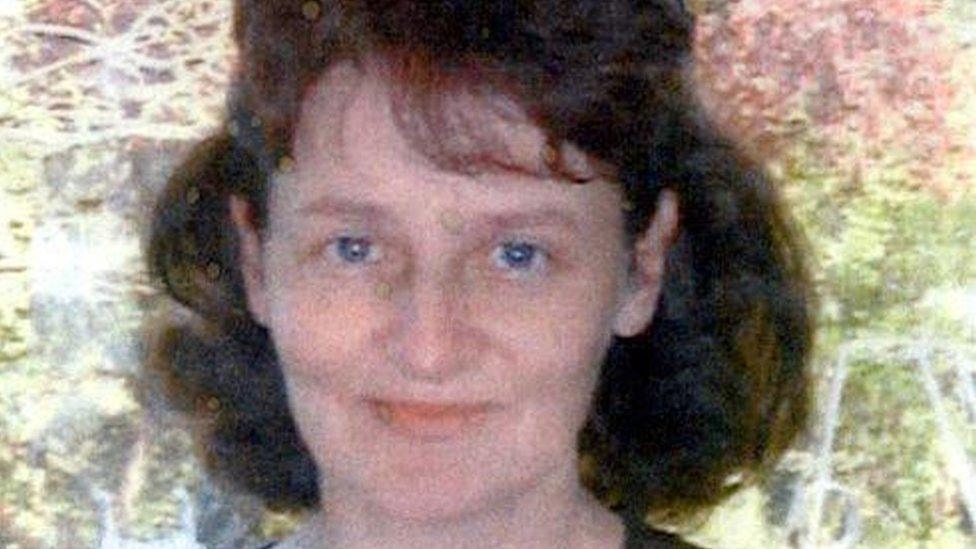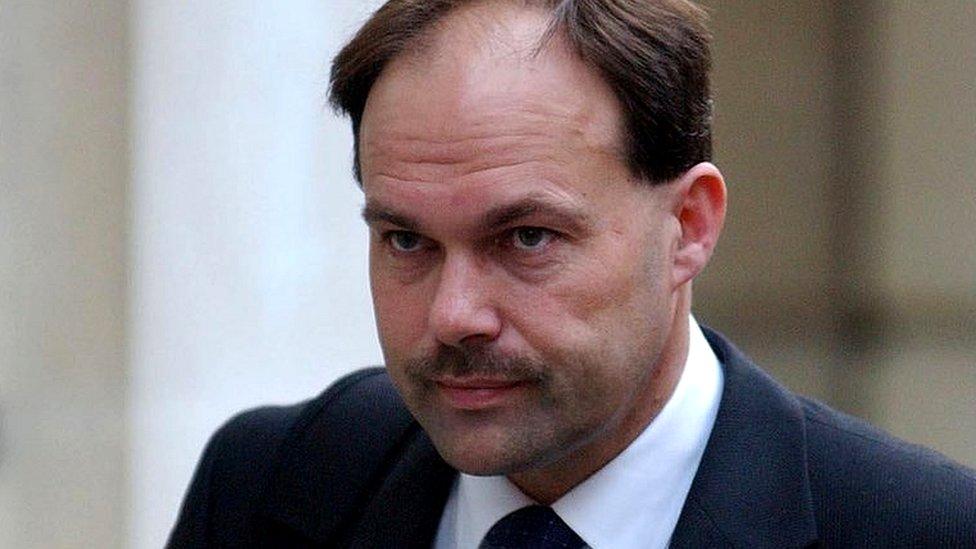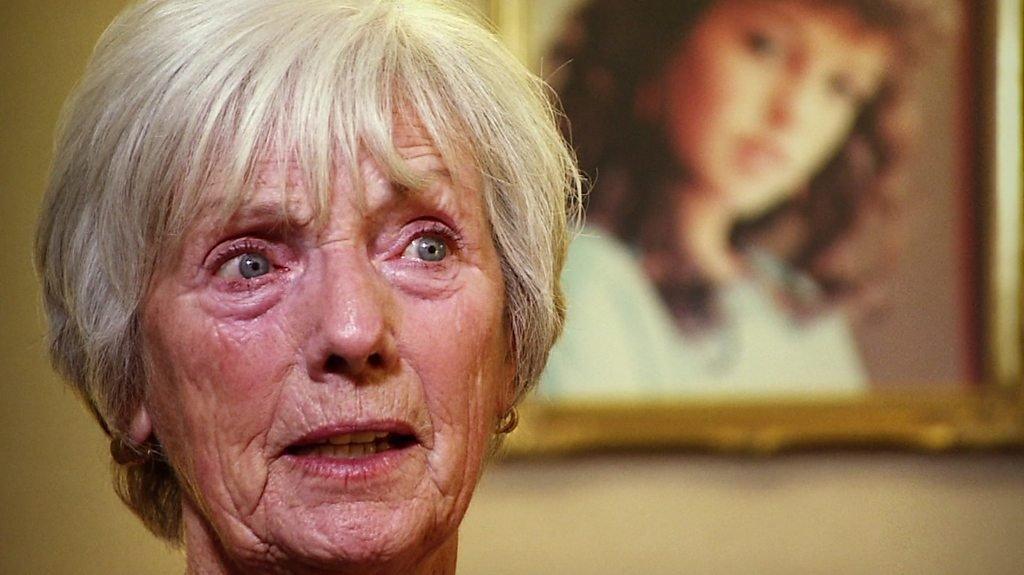Killer affected by Helen's Law faces public parole hearing
- Published

Glyn Razzell was found guilty of his wife's murder at a trial in 2003
One of the first prisoners affected by a law that makes it harder for certain killers to be released from jail will face a public parole hearing.
Glyn Razzell is serving a life sentence for the murder of his wife, Linda, 41, who disappeared in Swindon in 2002.
Razzell, 63, from Somerset, was refused release from prison in October last year under Helen's Law.
The law makes it harder for killers to get parole if they refuse to reveal where they hid their victim's body.
Razzell will face a two-day parole hearing, beginning on 24 August.
He is set to join wife killer Russell Causley and notorious prisoner Charles Bronson as one of the first inmates in UK legal history to have their case heard in public after rules were changed last year in a bid to remove the secrecy around the process.

Linda Razzell, originally from Carmarthenshire, disappeared in 2002 and her body has never been found
Razzell denied killing his estranged wife but was found guilty by a jury. No trace of her body has ever been found.
The mother-of-four vanished on her way to work at Swindon College.
His trial heard the pair were embroiled in divorce proceedings when she went missing and that he faced a financial settlement which he was not prepared to accept.
Razzell appealed over the Parole Board's decision to refuse him early release from prison in 2021, claiming the panel's use of Helen's Law was "irrational", but the bid was denied.
The Prisoners (Disclosure of Information About Victims) Act 2020 was named after insurance clerk Helen McCourt, who vanished on her way home from work in Billinge, Merseyside, in 1988.

Helen McCourt was murdered by Ian Simms in Billinge, Merseyside, in 1988
On Wednesday, the Parole Board said the killer opposed requests for a public hearing but the victim's family's wishes for proceedings not to be held in private were granted.
The Parole Board said it had received a number of representations over why the case should be heard in public - including that Razzell was one of the few prisoners to fall under Helen's Law and the high level of public interest in the matter.

Follow BBC West on Facebook, external, Twitter, external and Instagram, external. Send your story ideas to: bristol@bbc.co.uk , external
Related topics
- Published19 August 2022

- Published7 December 2021

- Published28 October 2021

- Published6 February 2020

- Published4 February 2020
